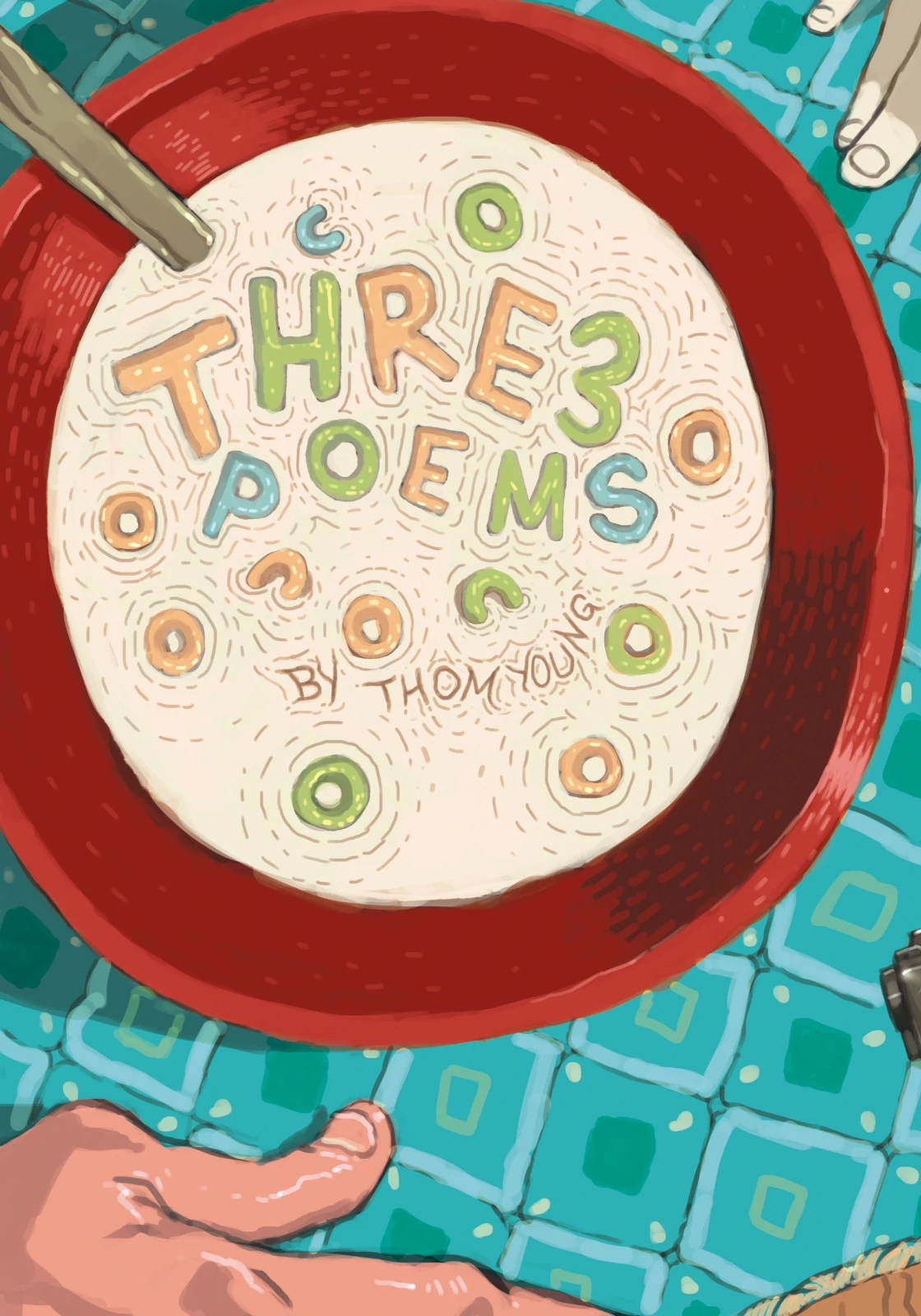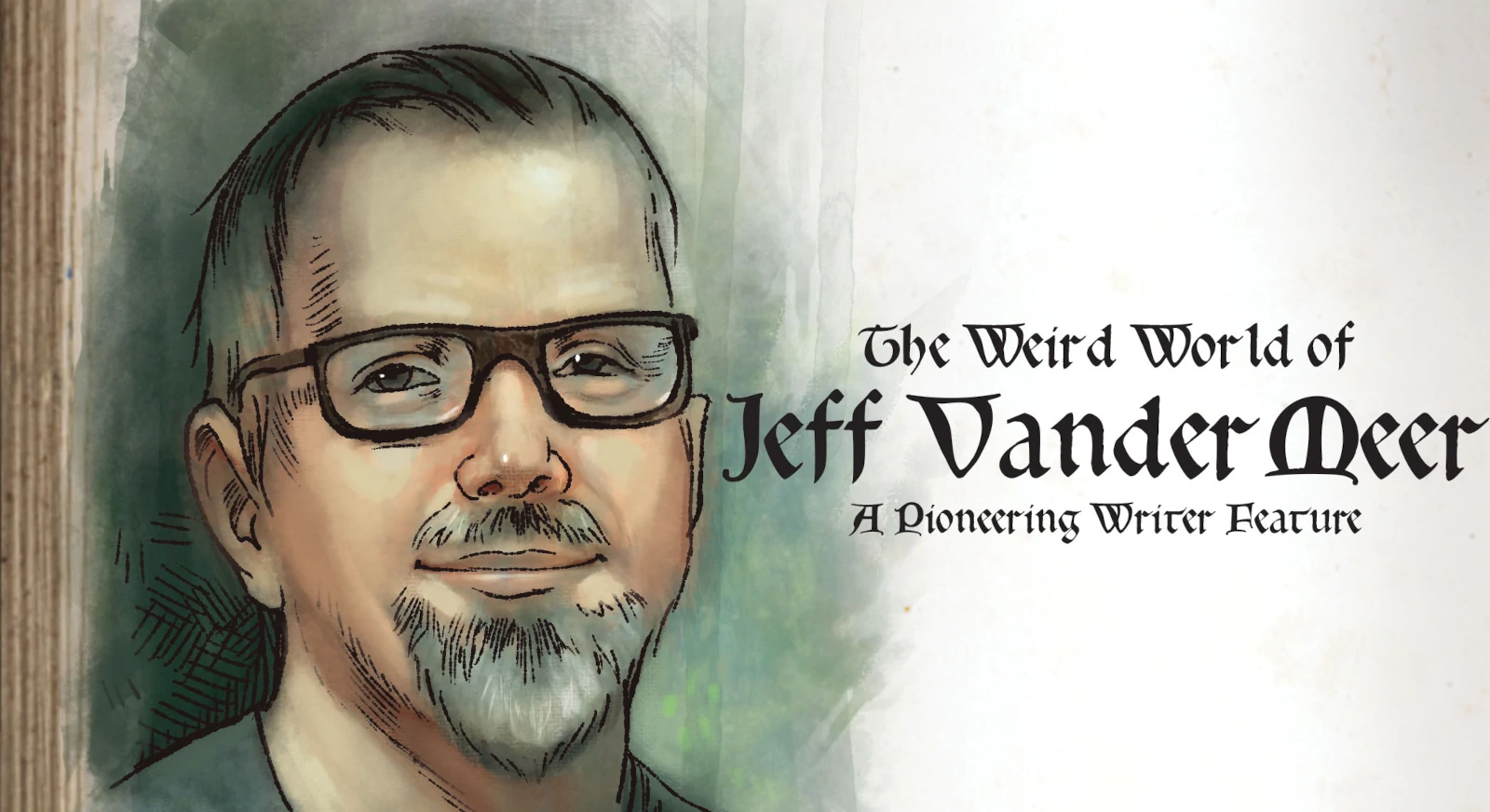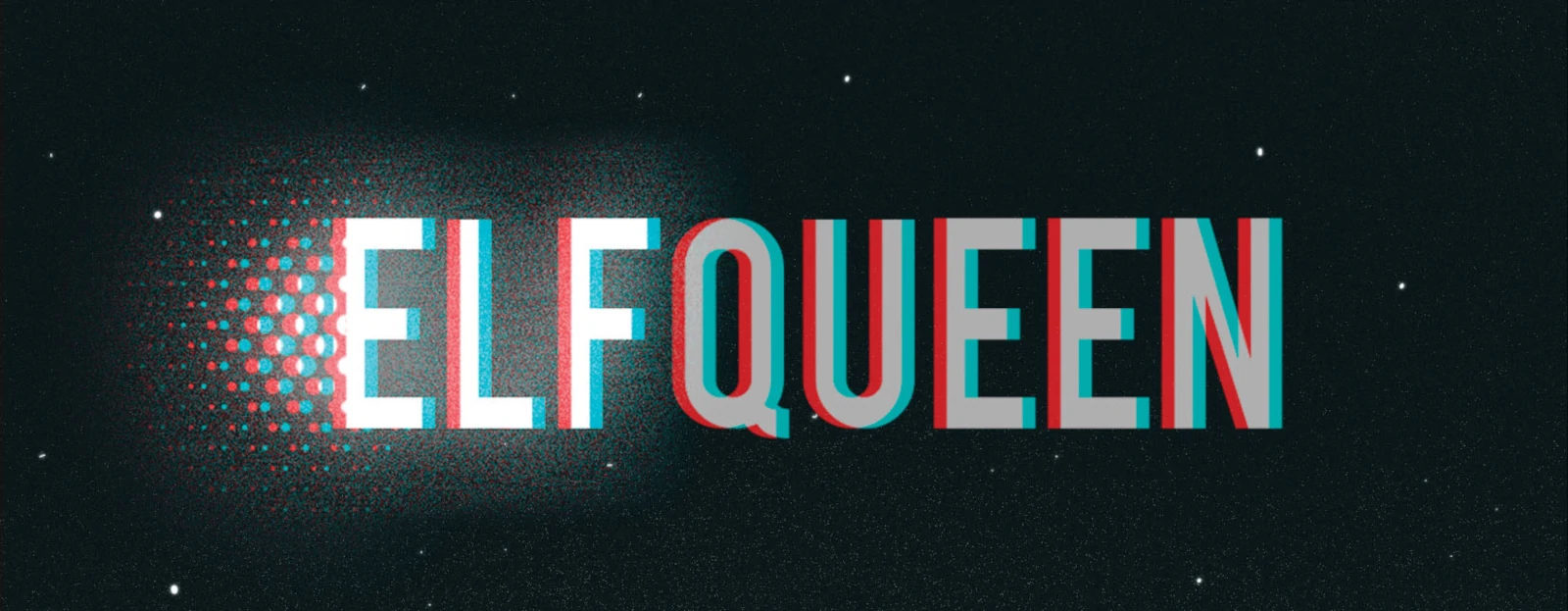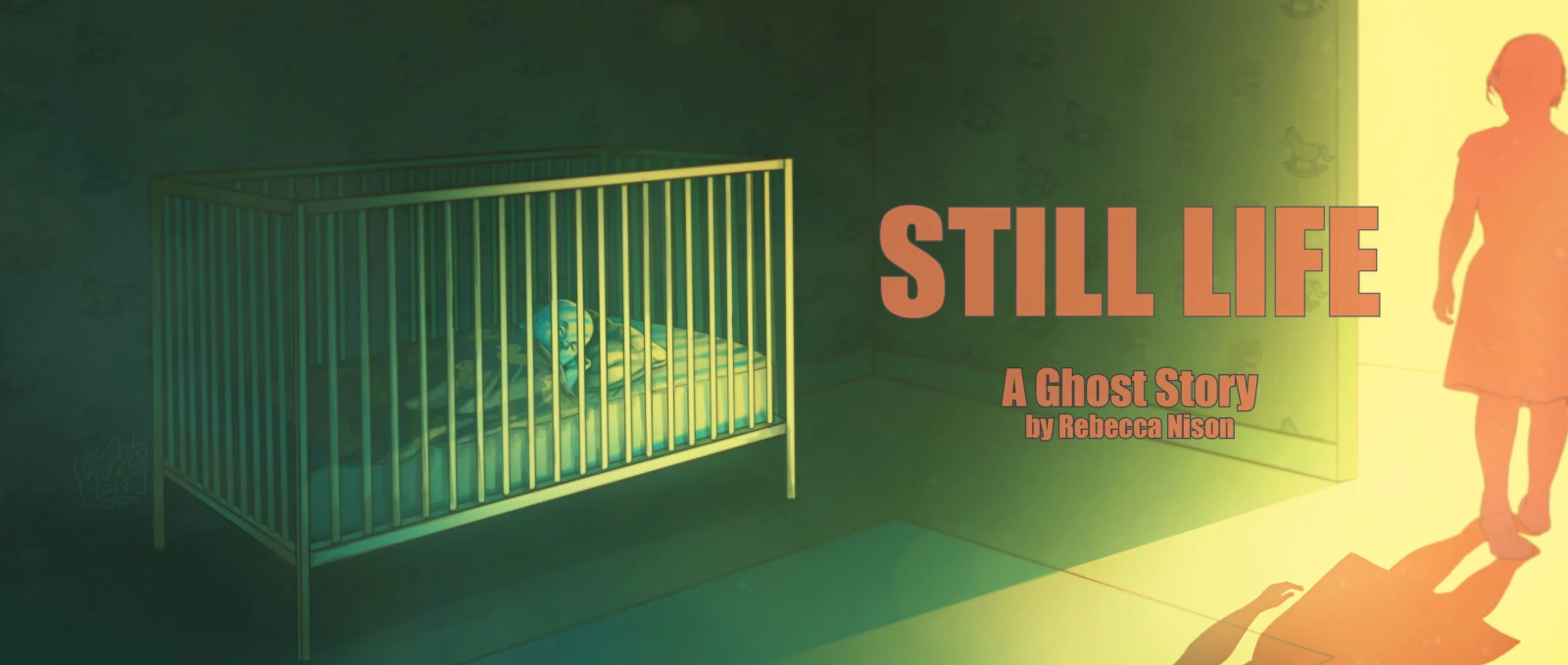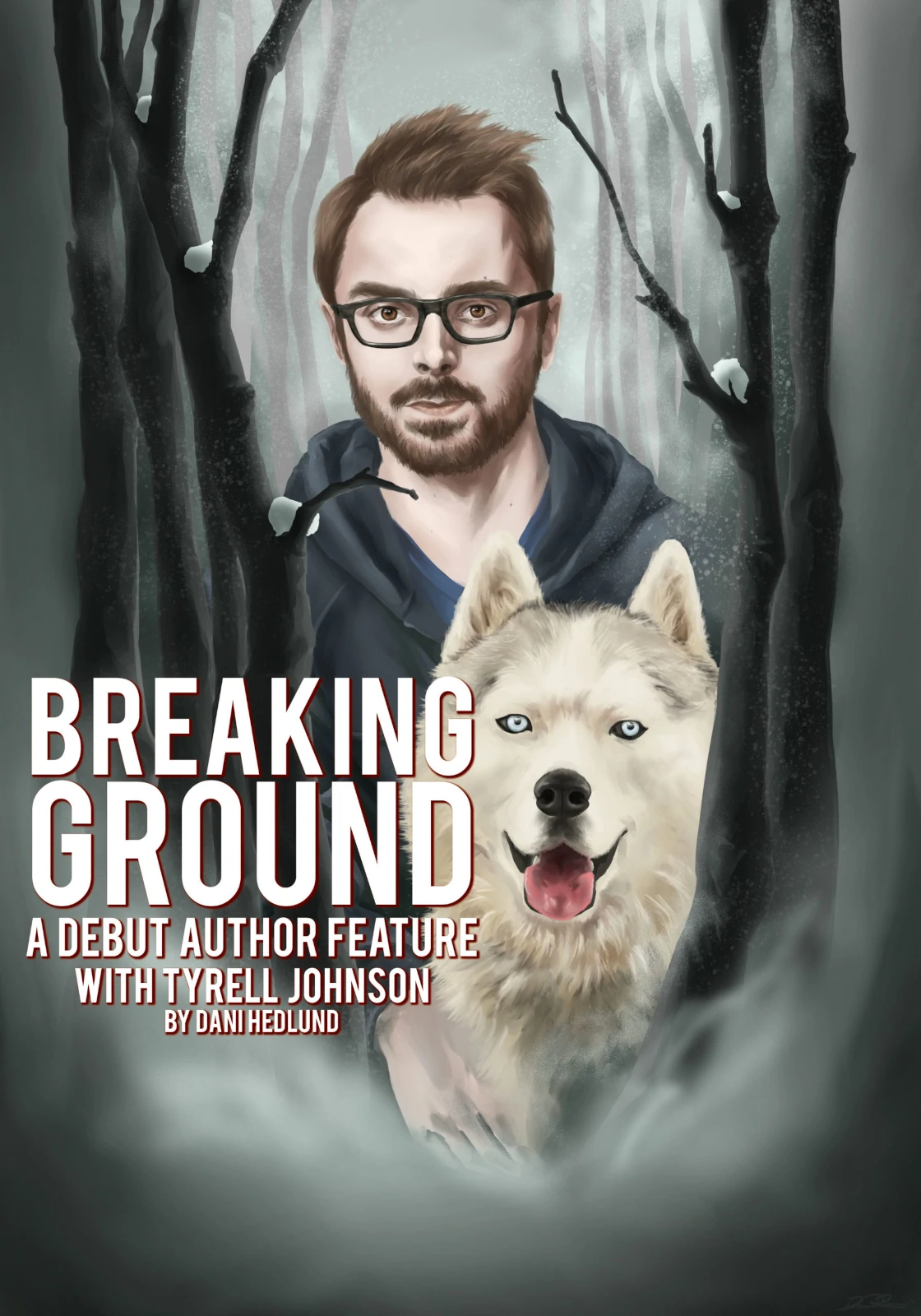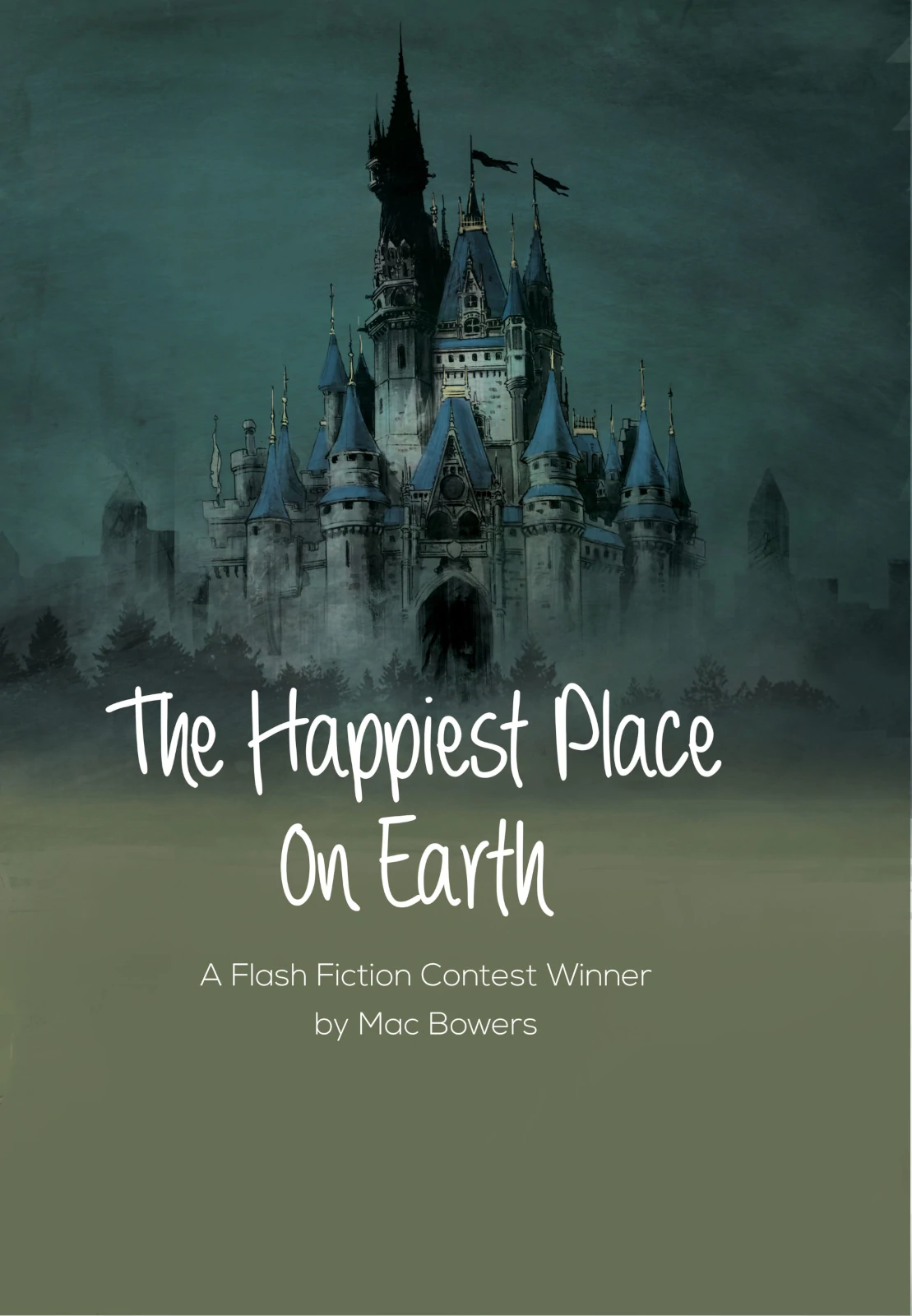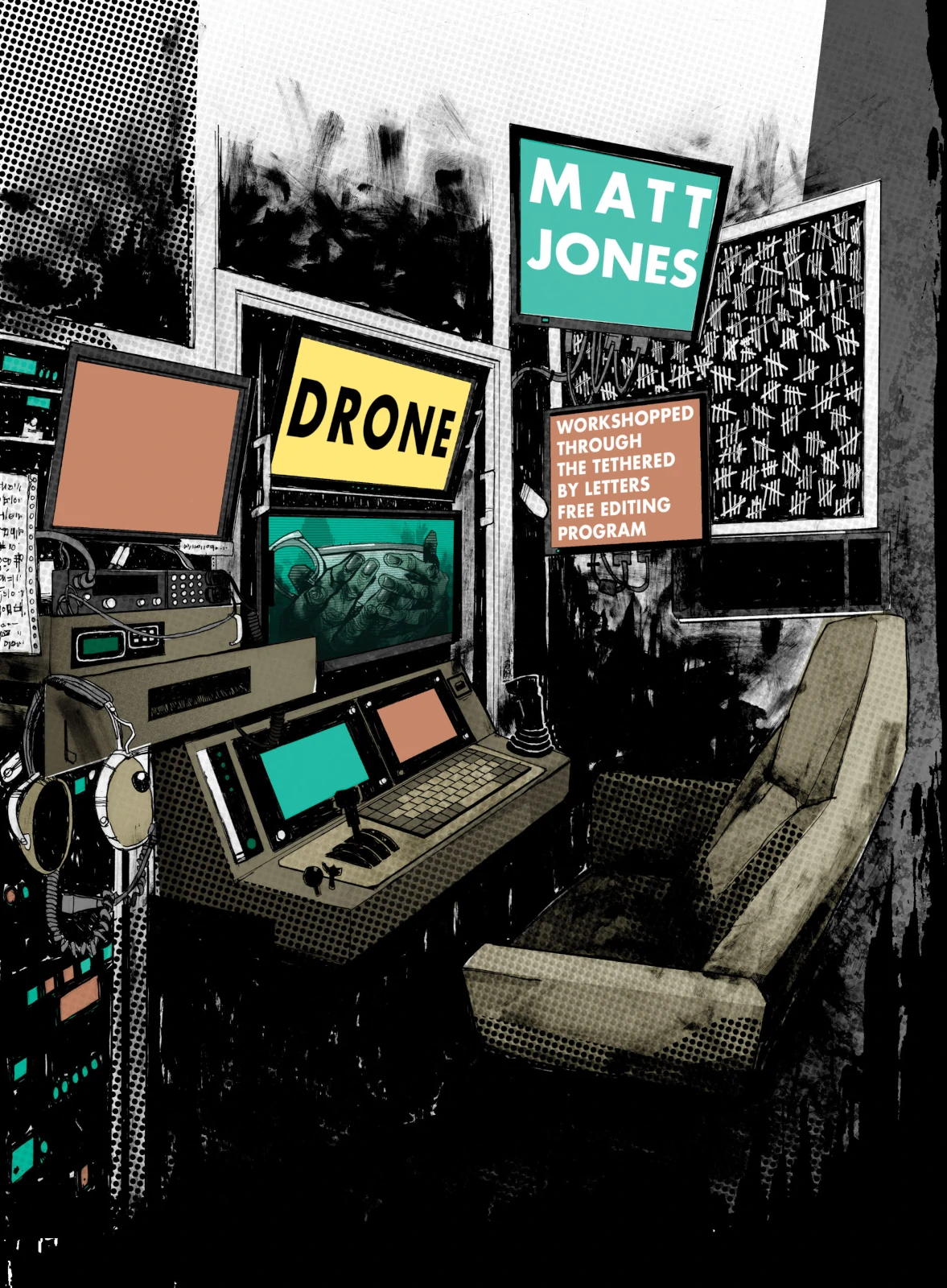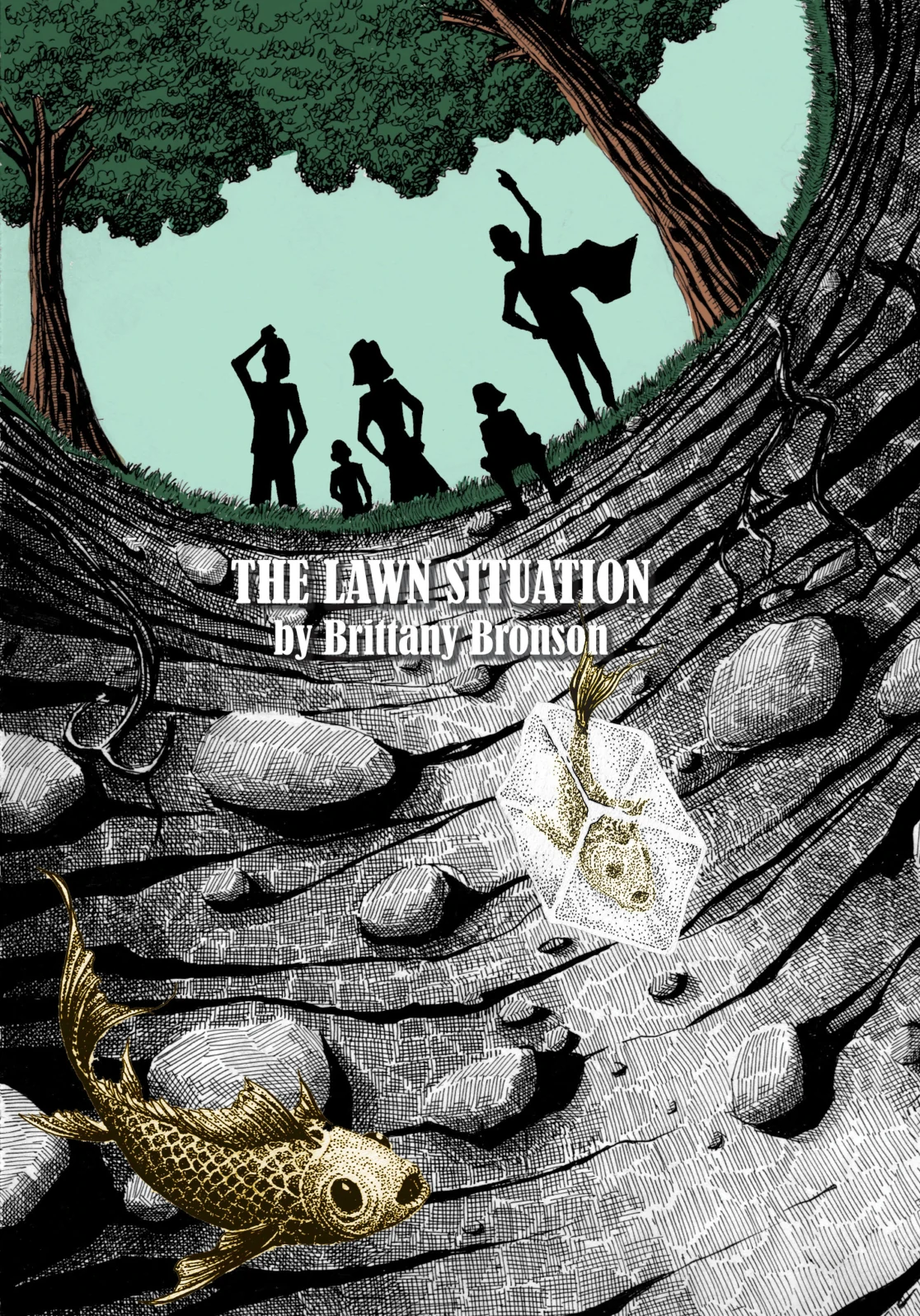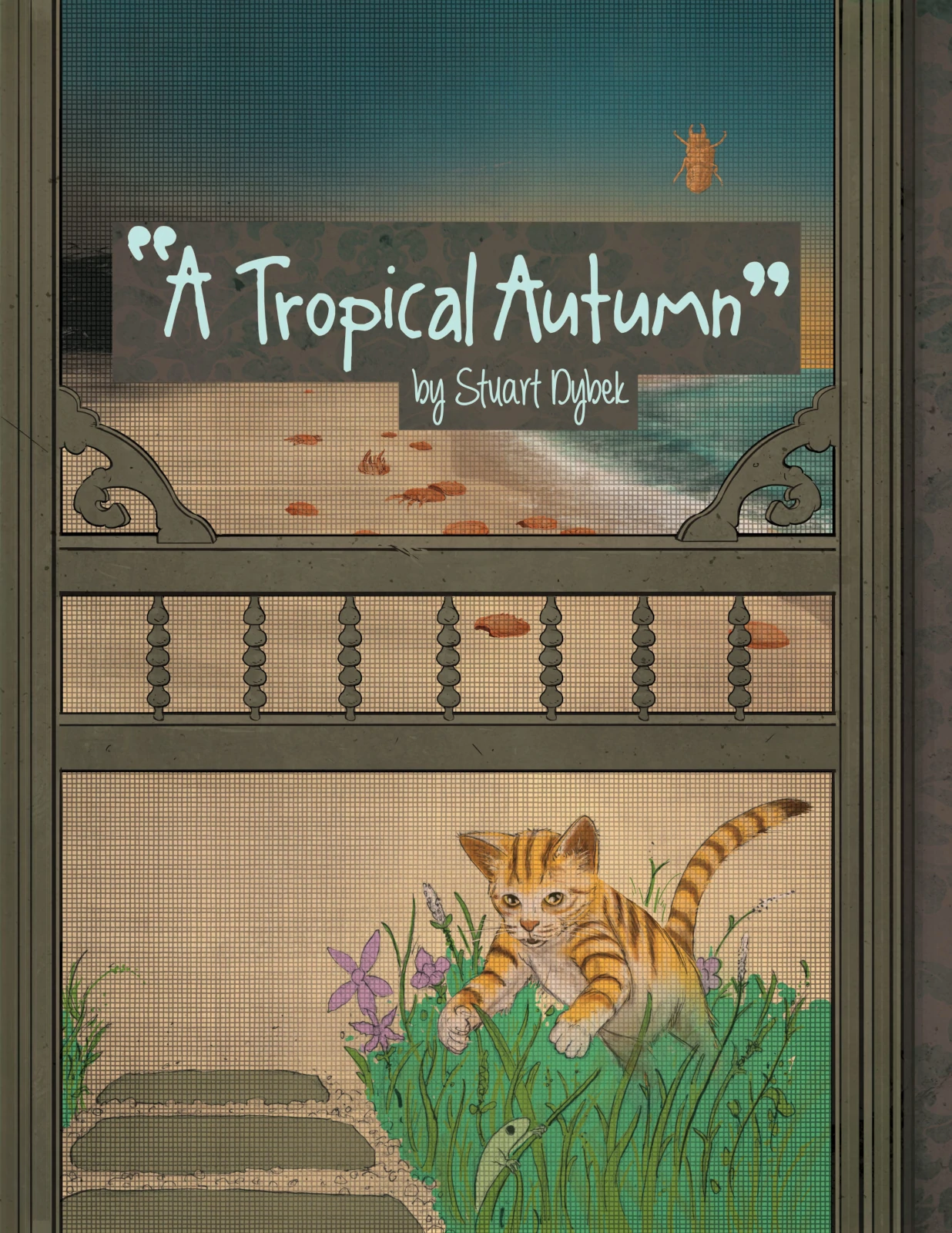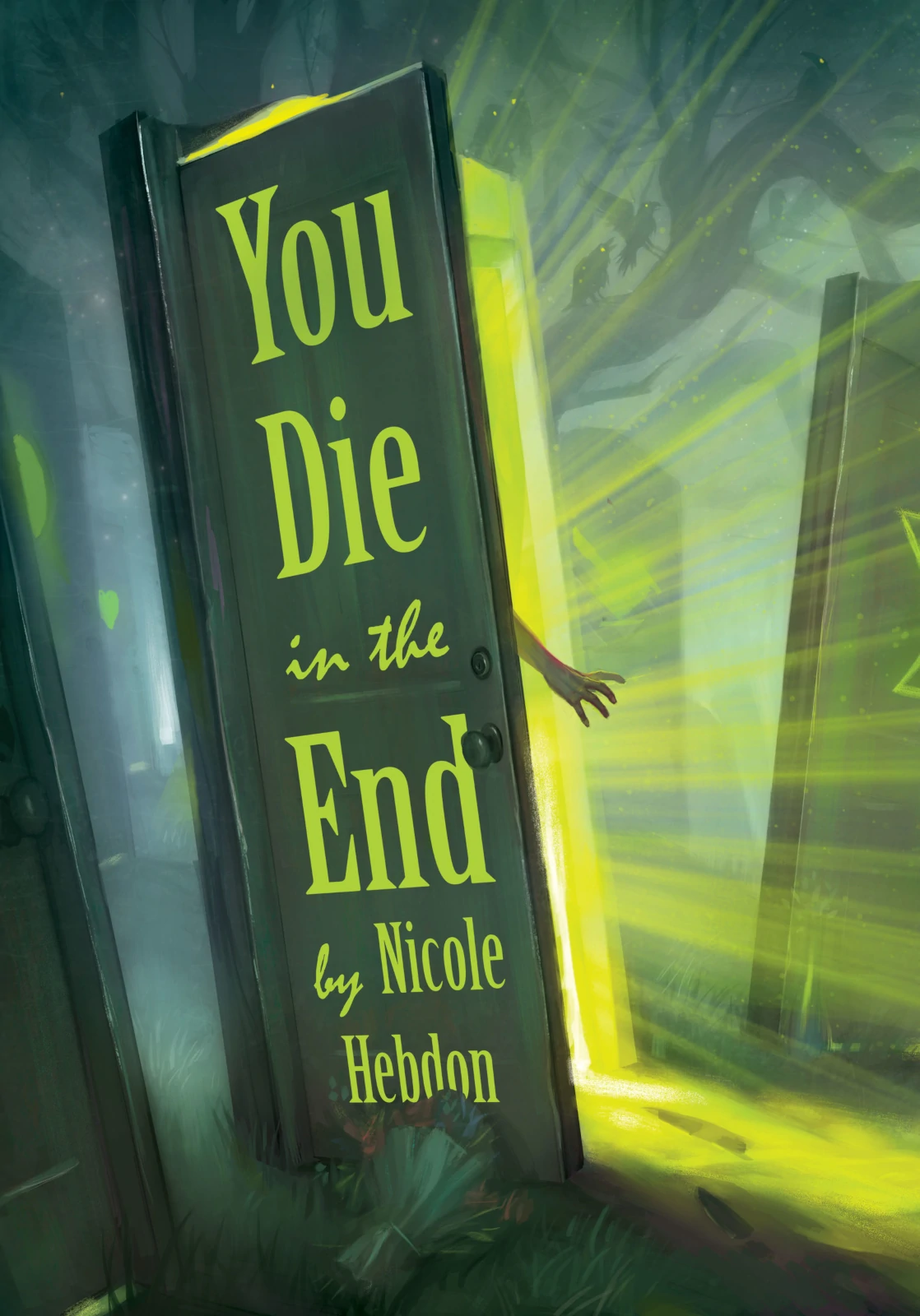
You Die in the End
He says, “I just don’t think you’re my type.”
You nod, but you wonder what part of you isn’t compatible with Him. Is it your new haircut? Your now-visible ears? Is it the way you eat sandwiches in layers, starting with the tomatoes, instead of as a unit? Is it because you still use bubble-gum-flavored toothpaste?
You’re at a restaurant eating hoagies, as He calls them. You like that. It sounds husky and rough, like something a boxer would say. You pretend to be okay with the breakup and reassemble your ham and cheese sandwich knowing that later, when He’s had the chance to miss your smell (a vanilla and coconut body mist that you bought after finding a candle of the same scent in His apartment), you’ll make your move.
To call Him later, go to The Bathtub
To key His car, go to His Driveway
The Bathtub
You planned on waiting a few hours before you called Him, but instead you dial His number before He pulls out of your driveway.
“Please don’t go,” you say, making your cute, roleplay voice. “Come watch a movie with me?”
He sighs.
You’re looking out the window. His car is still moving.
“Maybe we can be friends in the future,” He says, “but right now, I need to go home.”
“We can be friends now. Friends watch movies together.”
“Sorry,” He says and hangs up.
You call again fifteen minutes later, which is about how long it takes for Him to get home. He doesn’t pick up. You call again in an hour. He still doesn’t pick up. You take a long bath, a three-hour-long bath, and read an entire issue of Vogue, but the whole time your phone is resting on the flat of your breasts with the volume turned all the way up. You don’t have any bubble bath, so you pour the vanilla coconut body mist in the tub. It smells sour in concentration and burns your skin. You take a shower and then call Him again. It rings twice and goes to voicemail. You watch an entire season of a cancelled soap opera, and then at one a.m., you call once more. It goes straight to voicemail.
In the morning, you google “how to tell if your phone number has been blocked” and realize that He has probably blocked you. You decide to go to His house.
To knock politely, go to His Porch
To break in to His house, go to His Kitchen
His Driveway
You spend the evening on the phone, ranting about Him to your best friend, May. You tell May how He used to leave unwashed dishes in the sink for days and how His friends were always women, the sleek, skinny kind you usually see in cities, like humanoid iPhones. You tell May how He refused to take a shower with you unless you brought your own soap.
May says He was probably cheating on you. Or gay. But she seems to think everyone’s boyfriends are gay, so you ignore that.
You say, “I should have keyed that asshole’s car.” May laughs and says, “Yes, girl. Slash His tires.” You can hear sounds in the background, maybe giggling, or running water, and you hang up. You suspect May had you on speakerphone at a party she didn’t invite you to.
You decide to key His car. You use the house key He returned to you. When you’re done, you feel guilty, or maybe paranoid. You think you should have worn a ski mask. You look at His house. You think the window boxes are sagging like eyes filling with tears. You wish you had a pen to write that down, because it would be a great simile for a breakup poem.
To knock politely, go to His Porch
To get a drink, go to The Bar
His Porch
You have to knock five times before the lights go on in His house. When you first see Him through the windows, He is only wearing boxer briefs, a silky pink pair that looks like something a drugstore would sell in February. He grabs a jacket, slips it on, and then opens the door.
“You’ve been crying,” He says, and His voice sounds concerned. You take that as a good sign.
You nod even though you haven’t been crying.
He smiles, but His eyes stay narrowed, and He motions for you to come inside. You do. His house smells different. Spicy. He must have gotten a new candle.
You want to reach out and feel the boxers. “Was this a Valentine’s gift?” you ask, brushing your finger down His left thigh. You feel Him tense beneath your touch and you smile.
He says he doesn’t remember.
To accuse Him of cheating and leave angrily, go to Coco’s Territory
To have a calm discussion and leave in need of a Bloody Mary, go to The Bar
His Kitchen
It’s not hard to break in because you know where He keeps the extra key. Inside the birdhouse on His porch. You’ve never seen a bird in it, but you imagine He keeps it because He made it with His father on some camping trip or during a Father’s Day barbeque.
The house is dark, but you know He’s there because His car is parked outside. You walk into the kitchen and look at the photos on the fridge. There are about six of His dog, Coco. He never bothered to hang up the photo you took with her, even though you were both wearing adorable, matching hats.
There is only one photo of you in His apartment and it’s a group shot from that hiking trip you agreed to go on with His friends. You look sweaty and short compared to everyone else, and you think your fly might be down. But still, He is standing beside you, smiling down into your hair like it’s the softest thing in the world.
You find the photo on His counter next to His credit card. You assume He had just taken the two out of His wallet, which makes you happy. That means, for a while, He carried a picture of you everywhere He went.
To take the photo and leave in need of a Bloody Mary, go to The Bar
To take the credit card and leave, go to After Some Retail Therapy
Coco’s Territory
You’re angry. Coco yips at your feet as you walk across the yard. He had the dog’s vocal chords removed, so Coco can’t bark. She squeaks instead. It’s redundant, like sound effects in cartoons.
You never liked Coco. She always needs to pee at the most inopportune times, like when you’re having sex or when Project Runway is on. And He tells Coco He loves her every morning and every night despite never saying it to you, not even on your birthday. Not even when you asked Him to.
You turn on your engine, put your car in drive, and jolt forward. Coco is little, so when you hit her it barely makes a sound. And she can’t yelp for help. Part of you wishes that you’d get credit for Coco’s death, but He’ll probably blame it on the traffic from the corner bar. You don’t have a pen, but you have an eyeliner pencil. It’s a cheap brand. You call it your “drinking makeup” because it bleeds in the sunlight and rain, only good in the artificial lighting of clubs and theaters. You don’t mind ruining it.
To leave a note and be struck with a sudden emptiness, go to After Some Retail Therapy
To apply celebratory eyeliner before going to a bar, go to The Bar
The Bar
You made sure you looked real cute, so it doesn’t take long for some guy to buy you a drink. He says his name is Mason. You like that. It reminds you of secret societies and spies. You try to ask him about the Freemasons, but you’re tipsy, and instead you end up talking about his job. He’s a mechanic. You know the shop. You take your car there for oil changes. When you tell him this, he slips you a card and promises you a free appointment.
After another drink, he puts his cell number on the back of the card. You don’t go home with him, but you call him the next day and invite him out for spaghetti. He likes that. He laughs at that. He says no one has ever asked him on such a specific date.
When the bill comes, he pays, and then as you’re walking through the park he puts his hand around your shoulders. He’s so close that his whispers sound more like wind than words. You understand that he likes you. Just as he’s opening the car door for you, your phone rings. It’s Him.
To answer the phone, go to The Romantic Park
To ignore the call, go to The Mechanic’s House
After Some Retail Therapy
“Never leave a paper trail,” your mother’s lawyer tells you. “Don’t leave revenge notes. Don’t keep receipts.” You wonder why your lawyer is giving you crime advice. Does he think you’re planning on committing another? You wonder why your lawyer has a Band-Aid across his nose. He tells you that he has a sunburn, but you ignore that and decide to believe a puppy bit it.
He’s a good lawyer. A hairy, nasally lawyer with breath like boiled onions, but a good lawyer. He gets you back in your own home until the court date. He couldn’t lift the restraining order though, which you hate. You tell your lawyer that if you can talk to Him, you’re sure He’ll drop the charges, but your lawyer shakes his head and says, “Stay 150 yards away from Him.”
To obey the restraining order, go to The Courthouse
To attempt to talk to Him, go to Home, Online
The Romantic Park
“Hello?” you say cheerily.
“Hi,” He sounds unsure, mopey, the way He used to get before sex. “It’s me.”
“Oh.” You fake surprise. You have caller ID. All cell phones do, but you think maybe He’ll believe you anyway.
You point to your phone and mouth “mother” to The Mechanic. You say to The Mechanic, “I need a minute,” and walk back into the park. The Mechanic examines his key and then leans against his car, looking at you.
“How are you?” He asks.
“I’m good,” you say. “You?”
“I miss you.”
You say nothing. You wave to The Mechanic. He waves back.
“I miss you,” He repeats.
“You miss me?” you ask. “Then list five things you miss.”
“Your body. Your…”
“No,” you interrupt. “Too general. List five specific things.”
“Okay,” He pauses to think and you sigh. “I miss the way your lipstick tastes,” He says. “I miss the green bean casserole you made me that one time. I miss showering with you. I miss how you’d bite my ear in elevators.”
You wait and then sigh again. “That was only four.”
“And I miss your beautiful eyes.”
“Too general. Everyone has nice eyes.”
“Well, I haven’t seen you. I’m forgetting what you look like. Want to come over?”
“I’m seeing someone,” you say. “He’s in law school. Right now he’s a paralegal. Works on big corporate cases. They fly him into Chicago and New York on a regular basis.”
“I know you miss me.” His voice is husky now.
“Say hoagie.”
“Hoagie.”
You giggle.
The Mechanic waves at you. You smile at him. When you imagine your wedding with The Mechanic, it’s in a church and there is homemade finger food at the reception. When you imagine your wedding with Him, you’re on a beach and wearing a dress that blows between your legs like you’re some kind of Greek goddess.
“Come over?” He asks.
To ditch The Mechanic and go to His house, go to After a Suggestive Message
To hang up on Him, go to The Mechanic’s House
The Mechanic’s House
Six months later, The Mechanic proposes. You aren’t surprised. He was married once before and is eager to forget her. Before he met you, he tried to lift her from his house, but even with every makeup-fingerprint scrubbed away, she is obvious in the decorating choices. She must have chosen the mauve curtains and the forlorn ocean paintings.
After redecorating, the house feels bigger and breezier. The Mechanic runs after you in the hallways, tickling you when he catches you. You buy a dog with too much hair and for a while you vacuum every day.
The Mechanic surprises you when it comes time to look for a venue. He wants to get married in an aquarium, right in front of the sharks. When he tells you this, you narrow your eyes and say, “I just thought you’d be more interested in an orchard or winery or farm or something cute like that.”
The Mechanic shrugs. “My first wedding was in a winery.”
When The Mechanic goes to work, you rifle through his library. Between his catechism and a copy of Moby Dick you find a flimsy photo album. It only has three photos in it, all from the wedding. Her mouth is red with wine, and he has a sweet but heavy-looking smile on his face. Her hair is red too. Movie-protagonist red.
You run your finger down her face, and a little part of her flakes off. You pull away and then a second later lower your finger again, this time scratching her away on purpose. You ruin two of the three photos before you realize what you’ve done.
Later, when you tell The Mechanic about the photos, he says he’ll forgive you on one condition: you delete Him from your Facebook friends list. You made the mistake of showing The Mechanic His profile when you discovered He had unblocked you. You agree, but you know The Mechanic doesn’t have an account and he’ll never know if you follow through.
To delete Him from your social media, go to The Honeymoons
To keep Him on social media, go to After a Suggestive Message
The Courthouse
Your mother buys you a dress for court. It has a lace collar that ties into a bow around your neck. You like that. It reminds you of wedding dresses and those big bows brides wear across their hips. You imagine Him untying it, unwrapping you like a present.
You smile big. You act confused. You tear up a few times, but don’t cry.
When it’s over, everyone believes it was an accident. Even Him, you think. Your case is dismissed.
Your lawyer is a good lawyer (and he even wore deodorant), but he couldn’t get the restraining order lifted. “That’s another court date for another day,” he says, patting you on the shoulder.
You consider celebrating by going to the bar near His apartment. You’ll have to pass His building to get there, and maybe He’ll see you when you do. You’re sure He will.
Your mother is happy. She cried, and it made her eyes look small and dark. You were going to tell her to go to the bathroom and splash her face, but before you can, she invites you to dinner.
Guilt is sudden. You want to give her something to dry her eyes up.
To go to dinner with your mother, go to The Diner
To get closer to Him, go to The Bar
Home, Online
Your phone number, your Facebook, your Twitter, and your Skype accounts are blocked, but He forgot about your emails.
You email Him a poem you wrote about your first date. You call it “Sharing a Dairy-Free Blackberry Custard with You.” You know He knows Frank O’Hara because you read “Having a Coke with You” to Him. You’re worried He’s forgotten though, so you find the Frank O’Hara Wikipedia page and send that in a second email. You write, “Do you remember that time we ate frozen custard, and then you told me I had the pointiest widow’s peak you ever saw? I knew I loved you then.”
Ten minutes later, your phone vibrates. He’s emailed you back. It says, “Leave me alone, you fucking psycho.”
You hate that word. Psycho. You told Him dozens of times it was one of your triggers, and He would laugh and say it again. You hated that. You never said His trigger word, which was “moist.” Well, not never. You said it once to describe His swimsuit, and His face shriveled. He looked so cute.
You create another email account and email Him again, but this time, you pretend to be Bill, your mutual friend, but more your friend than His. You scold Him for breaking your heart, and somehow you work the word “moist” into the email three times. At the end you say, “You better fix this before someone gets hurt.” You imagine Bill could say that even if you’ve never heard him say anything like that. Bill could do anything.
An hour later, two officers are at your door. You go to the police car calmly, but once you’re inside you say, “Oh my goodness, I thought I was emailing my friend May. We’re poets, you see. Love Frank O’Hara. And that email from Bill? Bill is a character I’m writing. That email was like method acting. I never meant to send those to Him. You see? This was all an accident!”
To plan your defense with your lawyer, go to The Courthouse
To fake insanity on the stand, go to The Trial
After a Suggestive Message
His hands are on you.
“No,” you say, but you don’t bat them away. “I’m in a relationship. We can only be friends.”
“I don’t want to be friends,” He says.
“Me either,” you say.
“Then dump him.”
You think for a moment. You think about The Mechanic and how one of his top teeth pokes out over his bottom lip when he tries to hide a smirk. The Mechanic isn’t obviously attractive like He is, but he has his own attractiveness. The Mechanic reminds you of a vampire and not just because of the tooth.
You say, “But I love him too.”
He doesn’t take his hands off you, but He stops moving them. “How could you love someone you just met?” He asks.
You shrug. “I don’t want to hurt him. He’s had his heart broken before.”
He looks annoyed.
“I don’t want to hurt him,” you repeat.
“Fine,” He says. “Don’t dump him then. I don’t care.” His hands are moving again and you don’t ask Him to stop.
To dump The Mechanic and date Him, go to After Three Years
To date both men, go to The Empty House
The Honeymoons
You break your leg skiing while honeymooning in Lake Placid. “Don’t cry,” The Mechanic says as you leave the resort five days early. “This just means we get a second honeymoon. We’ll go someplace tropical. Some place you can wear a bikini.”
You say you want to go to New Zealand to see the hobbits. He hates fantasy, but he books the trip anyway. You don’t buy a bikini, but you buy a corset and a Renaissance faire dress. The Mechanic pushes you into corners of public buildings to kiss you. He calls you his “little tavern wench.”
As fate would have it, you saw Him while waiting to board the plane out of Buffalo. His hair was thinning and He was wearing clashing shades of blue. He saw you and waved. He walked toward you. He wanted to talk. You turned away into the arms of The Mechanic and pretended you didn’t see anything. On the plane, you ordered champagne from the flight attendant. Many years later, having lived the remainder of your days without so much as a passing thought of Him, you die a happy woman.
The end.
The Diner
Your mother won’t stop crying, so you go to the bar to get a Bloody Mary. Then you get another. And a third for dinner. When you return to the table, your mother is holding a fat manila envelope.
“What’s that?” you ask.
“You know, your father took out life insurance when he found out he was going to die,” your mother says.
You shrug.
“And I’ve been saving for years. For what, I was never sure. But seeing you in this beautiful dress, you look so professional. Like a teacher.”
You smile down at your outfit.
“How would you like to go back to school?” your mother asks. “Give college another shot? This time you won’t have to take out loans.” Her little eyes have widened a bit, and you can see the overhead lights reflecting in them.
You stir your drink. “College is more expensive now, Mom.”
Your mother pushes the envelope toward you. Inside is detailed information about the stocks she bought a decade earlier, right after your father passed. And an application for SUNY Buffalo.
The next day, you drive into the city to speak to an academic advisor. The lounge outside his office is filled with boys, and their eyes dart in your direction. They’re looking at your dress, you’re sure of it. They all think I’m a teacher, you think.
You stand up and clear your throat before saying, “Prospective students, line up here. I’m about to start a tour of the nursing department.” Four people line up in front of you. You’re about to leave, to lead them into hallways you know nothing about, when the academic adviser calls your name. You run into his room and spend the next hour looking through a catalog of courses. You decide to major in psychology.
That night, you receive a text from Him. I miss you, it says, but you can’t imagine Him saying that. You can only hear Him calling you a psycho. You think about the woman you used to be before he killed off so much of you with that word.
To respond, go to After Three Years
To celebrate your upcoming academic success with a Bloody Mary, go to The Bar
The Trial
The psychologist “expert witness” tells the jury that you show signs of borderline personality disorder, dissociative disorder, and maybe even multiple personality disorder. There are little diseases too, like pica, but you can’t remember the whole list.
You cry a lot in court. And you get angry. You hit yourself on the head with a shoe. And for the grand finale, you pull out your hair and eat it. Even He cries a little bit when He sees what He did to you. You hear the tears in His voice.
Your lawyer is a good lawyer. When you’re found guilty, he convinces the judge to send you to a psych ward instead of prison. “It’ll be a vacation,” he says, patting your knee. “There will be arts and crafts. A swimming pool. Movie night. And you can have visitors. You even have field trips.”
“You’ll tell Him he can visit?” you ask.
“Of course,” he says.
Three weeks later, only your mother has visited. The other girls are boring. You’ve taken up smoking and have learned how to blow rings. This amazes the other girls. They call you Dragon and fight over who gets to sit beside you during TV time. They bring you books and squeal when you rip out the pages to make origami fortune tellers. You make them so happy.
By the fourth week, you realize that He isn’t going to visit you.
To fake your suicide, go to The Institution
To give therapy a shot, go to Therapy
After Three Years
He doesn’t trust you, and you don’t trust Him, but the sex is great. It’s not quite death, but it’s just as comfortable.
The end.
The Empty House
You date The Mechanic for two years before he finds out about Him. The Mechanic doesn’t even tell you how he found out. He just packs his bags and leaves. Silently. He won’t say anything. You hug his legs. You spread yourself naked across the bed. You throw his catechism at him and hit his left eyebrow. He starts to bleed. You run to the bathroom and get a Band-Aid, but he won’t let you near him. You sit on the floor and cry.
“I’msorryI’msorryI’msorryI’msorry…”
He doesn’t take any of the vacation albums you’ve made with him. You put one on top of his bag, the one from New England, and he tosses it aside.
“…I’msorryI’msorryI’msorryI’msorry…”
You threaten to kill yourself. You rip the Band-Aid into little pieces and swallow them. When he’s left, you feel like you haven’t eaten in days. The bed smells like his sweat and car oil. It’s so big that you’re afraid to sleep in it alone. You hug every pillow in the house, but none of them feel as firm as his shoulders.
You take out your phone.
To call Him, go to After Three Years
To pursue The Mechanic as your new “Him,” go to The Bathtub
Therapy
Your psychologist asks you to write a list of every lie you’ve told Him, but you can’t because the shame makes you physically hurt. Talking about Him and what you did to Him makes your skin feel tight and rough, like it’s shrinking around your bones, pushing everything inside you out of place.
You write Him an apology note that you’ll never send Him. Your psychologist calls this closure.
Next, she asks you to write a list of ten things that you like. This takes you three weeks. You settle on: Bloody Marys, baths, poetry, J. R. R. Tolkien, scrapbooking, your mother, sex, Valentine’s Day decorations, lavender, and taking walks.
You keep this list in your pocket and add to it every few weeks. When you’re discharged from the institution, you ask your psychologist to sign it, which she does. She even dots the i in her name with a heart. You like that and decide to start doing it too. You add i’s to the list of things you like.
Your mother picks you up in a new car and offers to take you out to dinner. The restaurant she suggests is on the same road as His house, next to the bar you two used to play pool at.
To go to dinner with your mother, go to The Diner
To reward yourself with a Bloody Mary, go to The Bar
The Institution
You’ve been saving your pills and trading your desserts for more. You kept them in the shell of Moby Dick, the pages all removed to make origami animals. You have one of the animals in your hand, a lopsided butterfly, though you don’t remember picking it up.
You took all the pills. You aren’t worried because there are always attendants. You thought someone would have found you by now, fixed you, and then called Him to let Him know what He had done. But it feels like you’ve been on the ground, swimming in slow, lingering swirls, for hours. There’s too much green. It’s giving you a headache. His voice cuts through the colors and envelops you. It feels pure and white. His voice feels like warm milk. And just like when He used to heat milk for you on the stovetop, the whiteness makes you dizzy and sleepy. You start to worry. If you die, will there be nothing? Will He be there? Will you have to start again somewhere far away? Will you ever taste your mother’s blueberry pancakes again?
You don’t get to decide this time.
The end.
